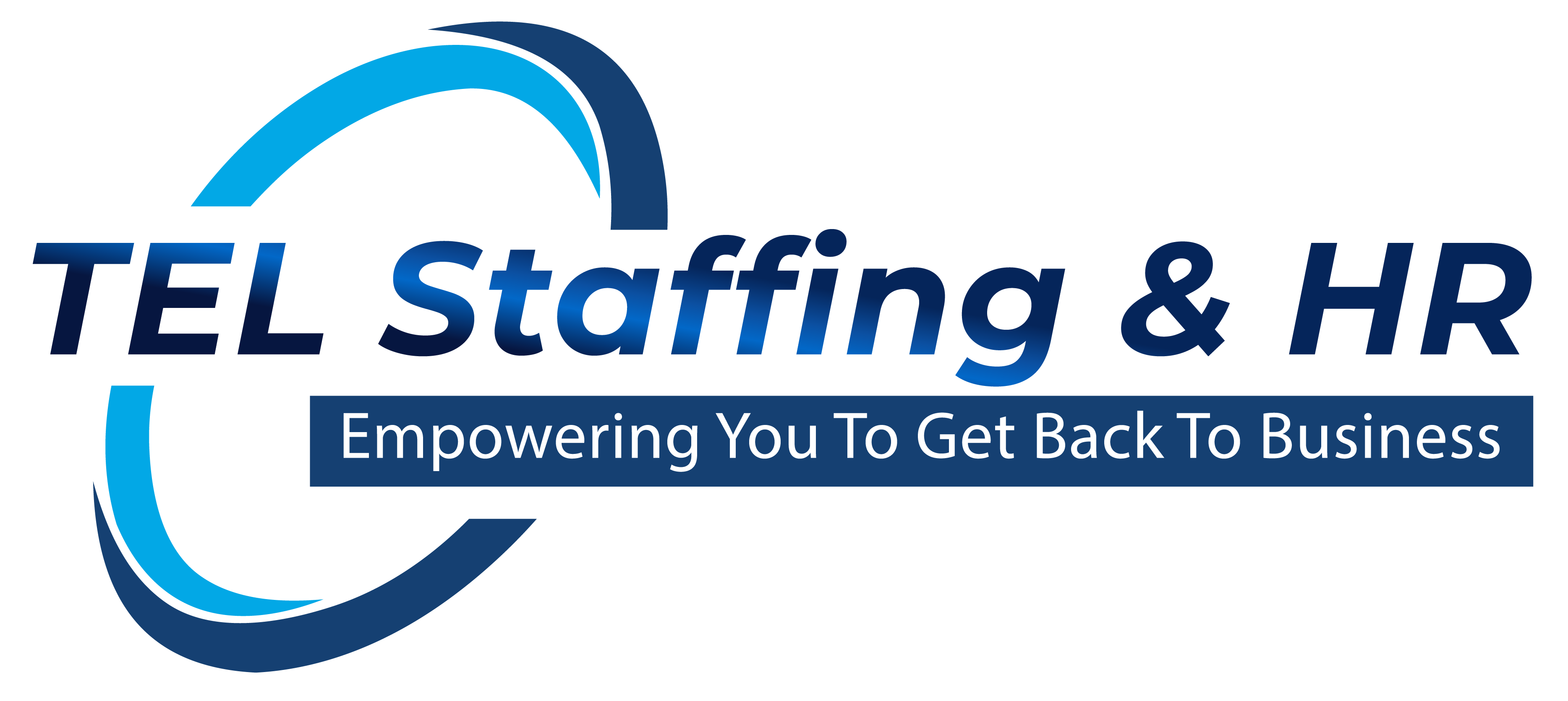
Navigating an ACA audit can feel like a daunting task, but with the right preparation and guidance, businesses can ensure compliance and peace of mind.
Understanding ACA Audits: Why They Occur and What to Expect
ACA audits are conducted to ensure that businesses comply with the Affordable Care Act's (ACA) regulations, particularly those related to healthcare reporting and employee benefits. These audits are typically triggered by discrepancies in reporting, complaints, or random selection by the IRS. When an audit is initiated, businesses can expect a thorough review of their healthcare coverage and reporting practices.
During the audit, the IRS will examine various aspects of your ACA compliance, including employee classifications, coverage offerings, and reporting accuracy. Understanding why these audits occur and what to expect can help businesses prepare adequately and avoid potential penalties.
Essential Documentation for ACA Compliance: Your Preparation Checklist
Proper documentation is crucial for a smooth ACA audit. Businesses should have the following documents readily available:
1. Employee records, including hire and termination dates.
2. Healthcare coverage offerings and enrollment documentation.
3. Forms 1094-C and 1095-C, which detail employer-provided healthcare coverage.
4. Payroll records, which help verify employee classifications and eligibility for healthcare benefits.
5. Any correspondence with healthcare providers or the IRS related to ACA compliance.
Having these documents organized and easily accessible can significantly expedite the audit process and demonstrate your compliance with ACA regulations.
Navigating the ACA Audit Process: A Step-by-Step Guide
Navigating an ACA audit involves several key steps:
1. Initial Notification: The IRS will notify you of the audit and provide details on the scope and required documentation.
2. Document Preparation: Gather and organize all relevant documents as outlined in the preparation checklist.
3. Audit Response: Submit the requested documents to the IRS within the specified timeframe.
4. Review and Follow-Up: The IRS will review the submitted documents and may request additional information or clarification.
5. Resolution: Once the review is complete, the IRS will provide feedback and any necessary corrective actions or penalties.
Understanding each step of the process can help reduce stress and ensure a more efficient audit experience.
Proactive Measures for Future ACA Compliance
To minimize the risk of future ACA audits, businesses should implement proactive compliance measures:
1. Regularly Review Employee Classifications: Ensure that all employees are correctly classified and eligible for healthcare benefits as required by the ACA.
2. Maintain Accurate Records: Consistently update and maintain accurate employee and healthcare coverage records.
3. Conduct Internal Audits: Periodically review your ACA compliance practices to identify and address potential issues before they escalate.
4. Stay Informed: Keep up-to-date with any changes in ACA regulations and adjust your compliance practices accordingly.
These proactive measures can help ensure ongoing compliance and reduce the likelihood of future audits.
Leveraging TEL Staffing & HR's Expertise for Successful ACA Audits
At TEL Staffing & HR, we understand the complexities of ACA compliance and the stress that audits can bring. Our team of experts offers comprehensive audit support services to help businesses navigate the audit process with confidence.
Our services include document preparation, audit representation, and ongoing compliance support. We work closely with your business to ensure that all necessary documentation is in order and that you are fully prepared for any audit scenario.
By leveraging our expertise, you can focus on running your business while we handle the intricacies of ACA compliance and audits. Contact TEL Staffing & HR today to learn how we can support your business and ensure successful ACA audit outcomes.


